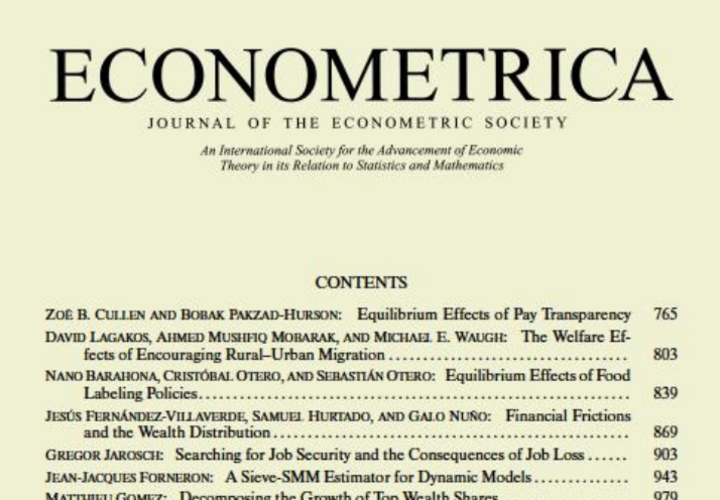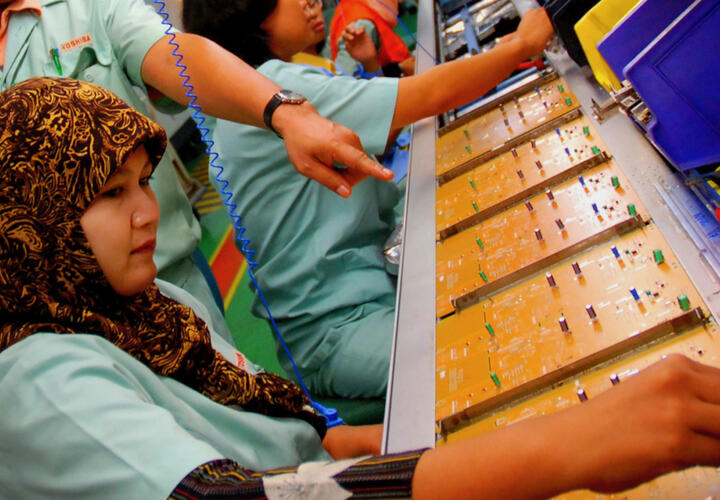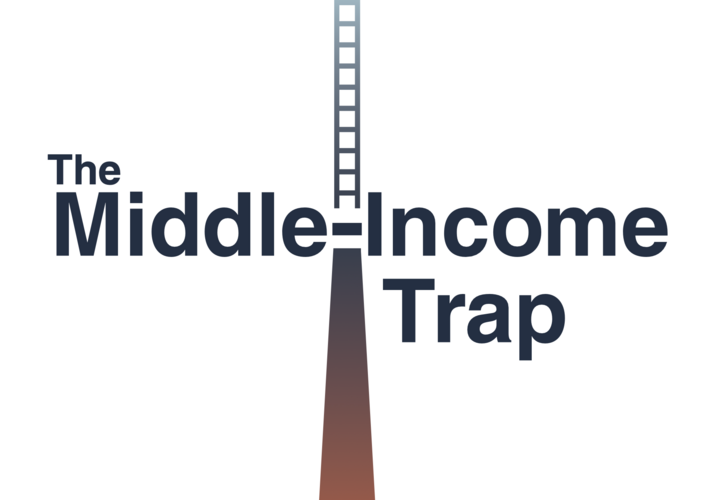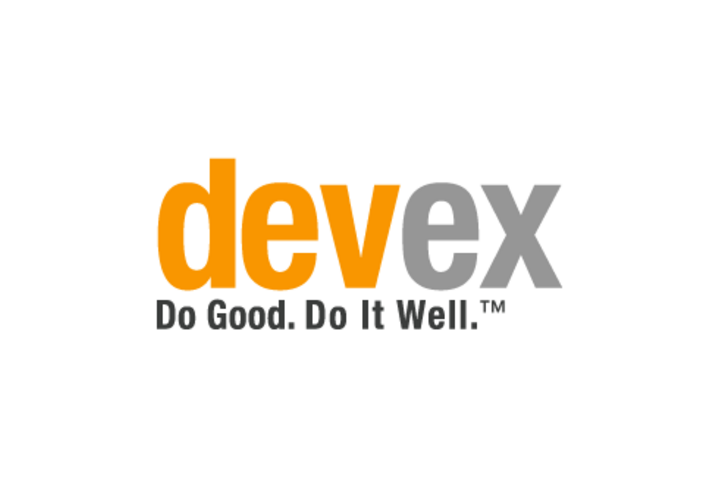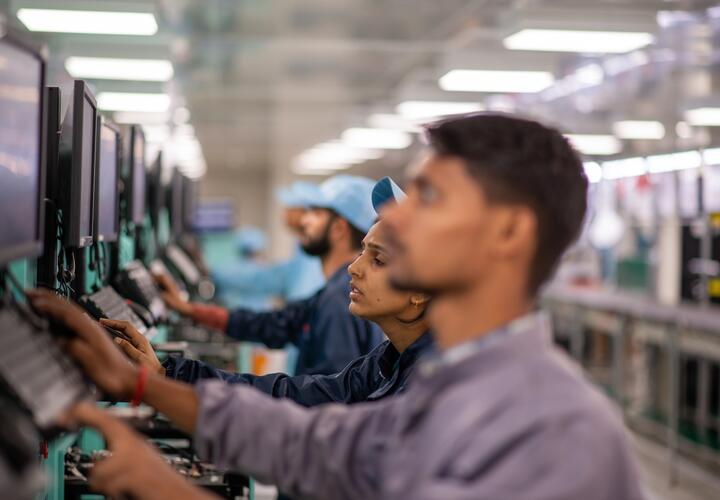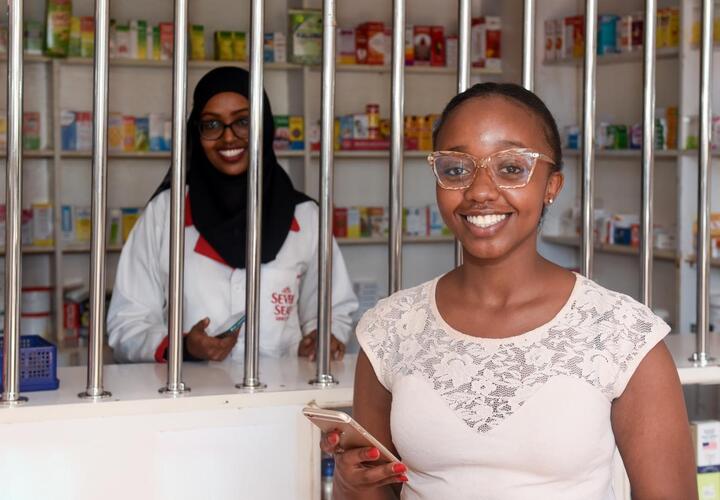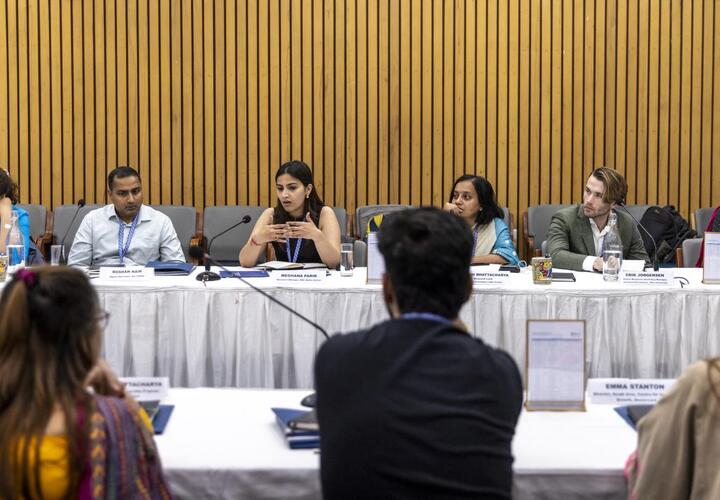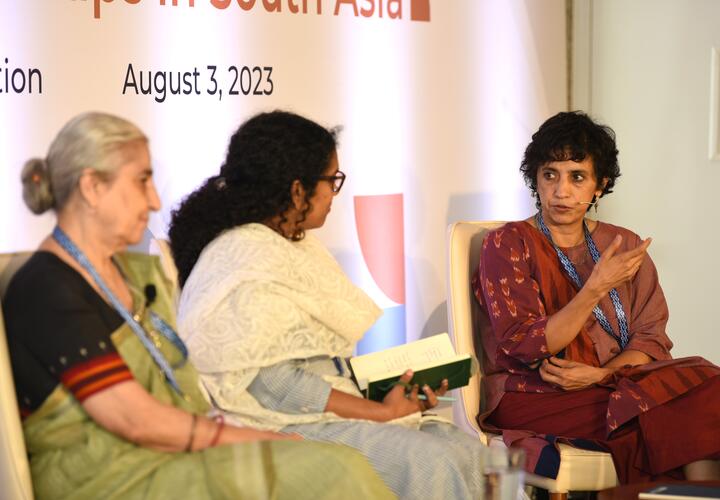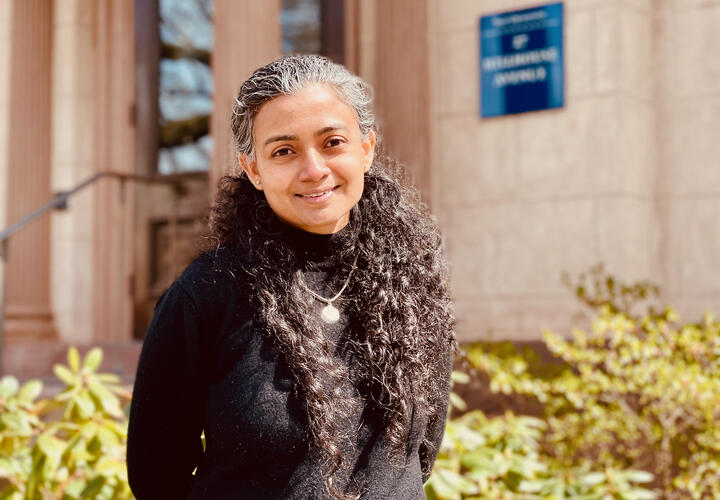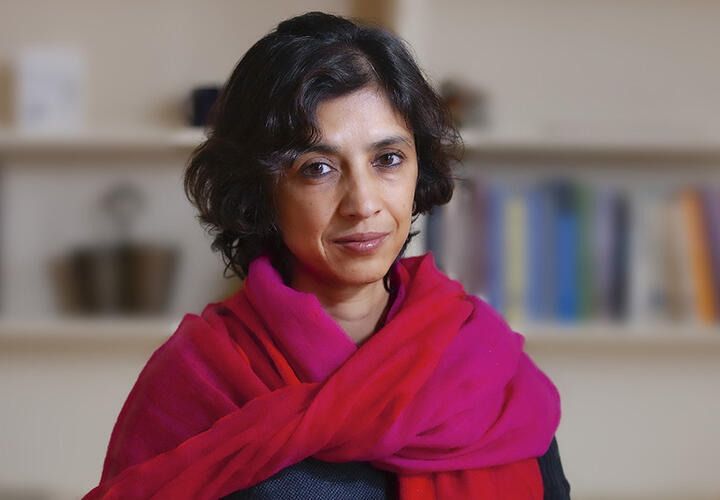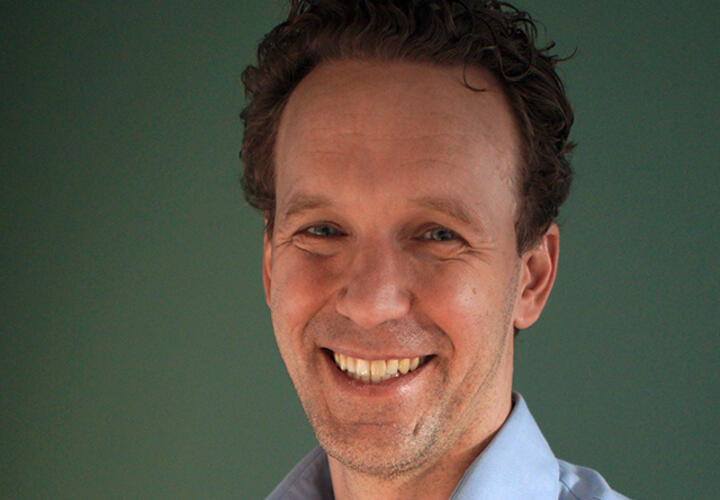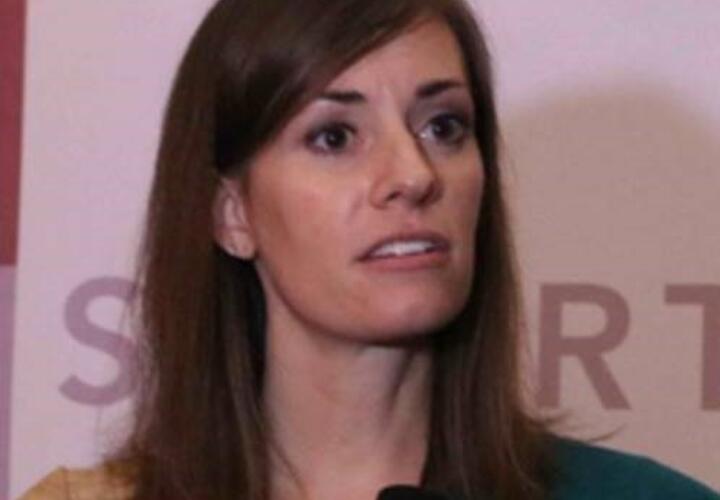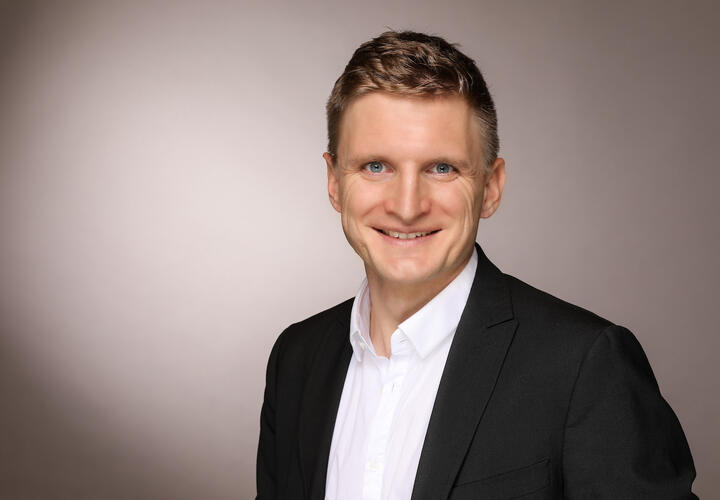Why do gender gaps in employment outcomes persist, and what do they mean for individuals, economies & societies?
The Gender & Growth Gaps project convenes a cross-cutting team of economists to explore the dimensions & consequences of gender inequality in lower-income countries.
Economists have long studied the economic dimensions of gender inequality, but new developments and the persistence of gender gaps make clear that deeper analysis is needed. Traditional research on these topics, for instance, has tended to rely on high-level analysis of female labor force participation across countries. Recently, however, nuanced empirical insights suggest that many country- and region-specific factors, from norms and institutions to economic structure and growth, can shape women’s economic participation and well-being.
Yet, such research is often limited by poor data, inadequate metrics, and the fact that technological change and other factors are changing the very nature of economic growth and development. In a new project, the Economic Growth Center (EGC) is employing diverse methods to advance the evidence base on the linkages and consequences of gender inequality.
Given the multidimensional nature of these issues, the project brings together leading micro and macroeconomists as well as policy-focused senior staff affiliated with EGC – including Orazio Attanasio, Pinelopi Goldberg, Aishwarya Lakshmi Ratan, Rohini Pande, Michael Peters, Charity Troyer Moore, and Fabrizio Zilibotti.
Approach
Research efforts will follow a synergistic multi-pronged approach:
- Macro-perspective: We will work to understand structural economic transformation processes in an age of service-led and digitally enabled growth alongside analyzing its implications for gender gaps in labor market outcomes in LMIC economies.
- Micro-perspective: We will pilot new indicators and measurement tools for primary data collection that showcase how surveys can be made more gender-intentional and accurate, especially in capturing social norms around factors such as women’s work, intra-household bargaining, informal employment, and unpaid labor.
- Critically examining existing metrics of gender inequality: We will critically assess existing indicators and composite indices used to track gender gaps in the economy and propose methodological improvements to better reflect women’s economic well-being. This work will be in collaboration with the producers and standard-setting agencies for such metrics, including the World Bank, World Economic Forum (WEF), International Labour Organization (ILO), International Monetary Fund (IMF), and others.
- Ongoing policy engagement: We will engage with in-country policy partners in focal LMICs to inform the questions, methods, results, and policy guidance developed through this project’s research activities, and work with them on research translation and policy application.
Research Highlights
News
Event Highlights
Leadership
Postdoctoral Scholars
Collaborators
EGC Team Members
This research has received support from:
the Development Policy and Finance team at the Bill & Melinda Gates Foundation


